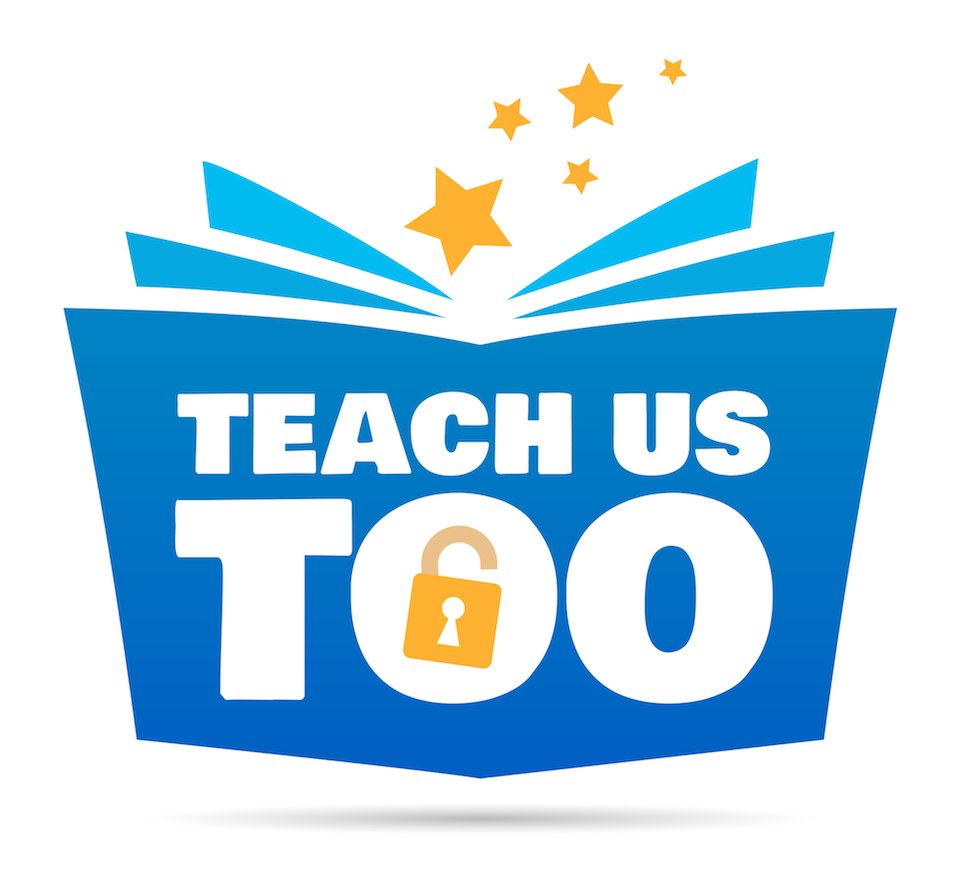Transformational Tales - The Power of Literacy
The voices of non-speaking learners
At Teach Us Too, we believe literacy is a right, not a privilege. For non-speaking learners, that right is often overlooked. Too many are underestimated, misunderstood, or given only the most basic “functional” education. Yet when they are given the chance to learn to read and write, the results can be transformational.
That belief lies at the heart of our Transformational Tales research project. This ongoing work gathers and shares the lived experiences of non-speaking learners and their families, exploring how access to literacy can unlock voice, agency, and opportunity. These stories highlight not only individual journeys, but also the systemic barriers that need to change if every learner is to be taught literacy.
As part of this project, we are proud to highlight Matthew – a young man whose journey demonstrates the power of literacy to unlock voice, identity, and independence.
Matthew’s Story
Matthew describes his early years as “so lonely it hurt.” Without a way to communicate, he could only express himself through behaviour. People treated him like a baby, when in fact, he says, “I am brighter than them. I am intelligent. I can understand everything.”
From a very young age, Matthew understood language and literacy in age-appropriate ways – but he had no reliable way of showing it. He recalls using a simple “go” card at age three, not just to play a game with his mum, but one day to tell a boiler man to leave the house. That single action validated what his parents already knew: their son understood words, meaning, and context.
Over the years, Matthew’s literacy revealed itself through matching words to objects, reading age-appropriate books, and answering comprehension questions. Yet despite these signs, the education system underestimated him. In primary and secondary school, he was placed on a functional skills and sensory timetable that failed to reflect his abilities. He describes feeling “locked inside my own head” and desperate for learning that challenged him.
“I felt locked inside my own head. I wanted to be heard and challenged in learning but no one other than my family was listening.”
Matthew credits his parents’ perseverance for refusing to accept low expectations. His mum taught him at home, carving out an hour a day to nurture his abilities, while also searching for communication methods that would unlock his voice. Eventually, Matthew began to use spelling as his main mode of communication. It required immense dedication and practice from both him and his communication partners, but it finally gave him a way to express his intelligence.
Now, Matthew is studying for his GCSEs and communicating more freely than ever before. Since writing his original story, he has moved on from a letter board to using a wireless keyboard – an important step toward his ultimate goal of typing independently. He explains:
“I think that having my intelligence and literacy skills have given me a voice like others. Without my literacy skills being noticed this would not be possible. Using my keyboard in a public way allows me to advocate for the next person who uses an unusual form of communication. I am still passionate about everyone having the opportunity to use literacy to self-advocate.”
You can read Matthew’s full story here: Matthew’s Transformational Tale →
Training with Dr Sharon Arnold
Matthew’s story demonstrates why literacy matters for autistic non-speaking learners. It also shows what can happen when families and educators refuse to give up – but too often, schools still lack the training and strategies to unlock that potential.
That’s why we’re delighted to be running training this term with Dr Sharon Arnold, focused specifically on literacy for autistic non-speaking learners. This training will:
Share practical strategies that work in real classrooms.
Highlight approaches that gave learners like Matthew their voice.
Challenge the low expectations that still limit so many.
Whether you are a teacher, teaching assistant, or school leader, this training will equip you to recognise and nurture the literacy skills of non-speaking learners.
Changing the Story
Matthew’s journey reminds us that silence is never the same as inability. Behind every behaviour, every label, and every missed opportunity, there is a person waiting to be heard. His story is not an exception – it is proof of what can happen when learners are given access to literacy and the right to be taught as equals.
At Teach Us Too, we will continue to amplify these Transformational Tales, making sure that the voices of non-speaking learners are not only heard but celebrated.
Because every child deserves to be taught too.


